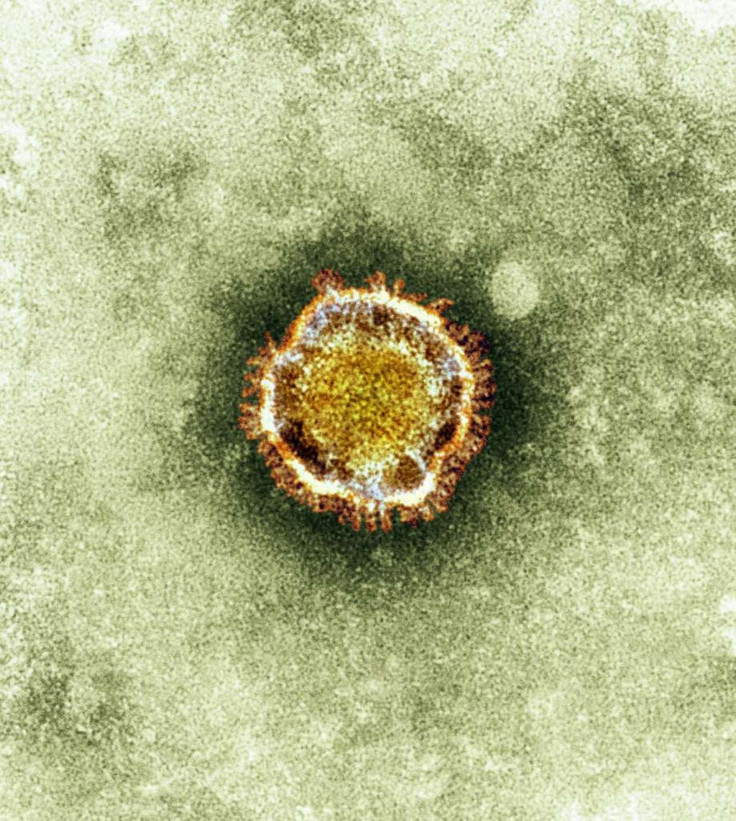New Vaccine to Treat Herpes Discovered

A new vaccine that is showing promise in preventing herpes virus has been discovered. The newly developed herpes vaccine can stimulate three types of antibodies: a couple of them to ensure that the genital herpes virus does not turn off your immune system’s protective functions and another antibody that blocks the virus from entering your cells.
With more than 1 in 10 individuals infected globally, genital herpes aka Herpes simplex virus type-2 (HSV-2) is the most common sexually-transmitted disease. About 14 percent of Americans in the age group of 14-59 and about 11 percent of individuals in the same age group across the world are infected by this virus. Herpes simplex virus 2 is usually spread sexually by vaginal, anal or oral sex.
Infected individuals can remain infected throughout their lives since the viruses can hide into their nerve cells and remain dormant. The virus that can spread to other areas of the body might cause painful sores and can also increase the patient’s risk of contracting HIV. Infected pregnant ladies can even pass it on to the developing fetus.
By far, the efforts to develop a vaccine for genital herpes have failed. But the recent experimental vaccine developed by the scientists at the University of Pennsylvania has successfully prevented genital lesions in animal testing. Since previously failed experimental vaccines have failed to prevent infections in animal models, this newly developed vaccine is regarded as highly promising.
Harvey Friedman the lead scientist who developed the vaccine believes, “Our results in mice and guinea pigs are very encouraging – better than anything we have seen in the literature. But we won’t know if this vaccine will work until it is tested in humans”.
Usually, vaccines consist of attenuated or modified viruses, but Friedman’s vaccine is so unusual that it comprises of messenger RNA (mRNA) molecules coding for three different HSV2 proteins. When these mRNAs enter body cells, they can produce viral proteins that will trigger an immune response to genital herpes. Although there hasn’t been any approved mRNA-based vaccine as of yet, some are already for human trials. The research team is currently testing whether their vaccine can also protect against herpes simplex 1 which affects the majority of the people worldwide.
Due to the fact that herpes is widespread and often gets undetected, as it is only visible while in case of an outbreak, the researchers opine that a successful vaccine would be invaluable to many individuals throughout the world.
© Copyright IBTimes 2024. All rights reserved.






















